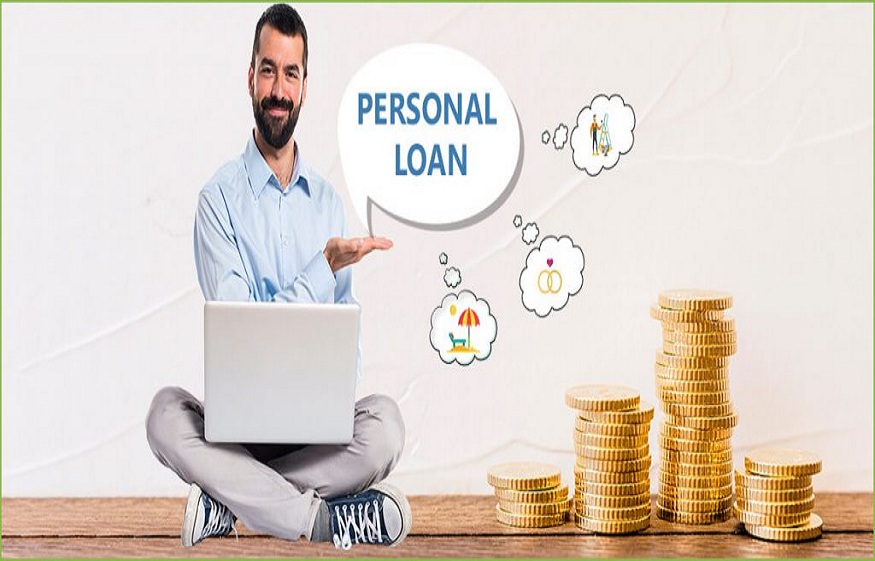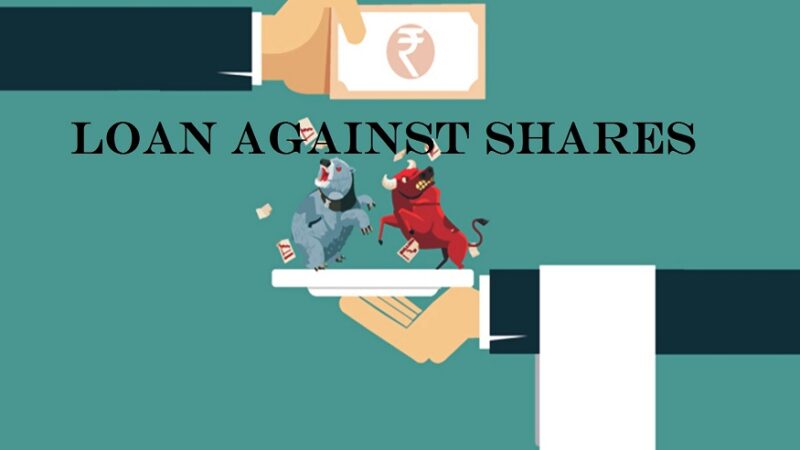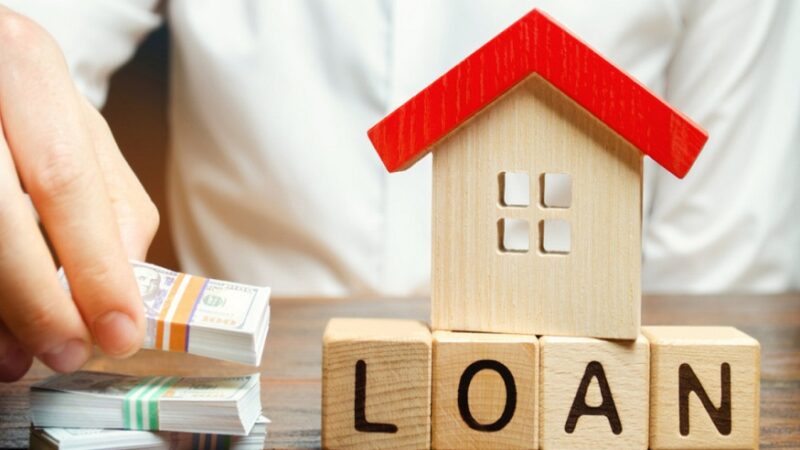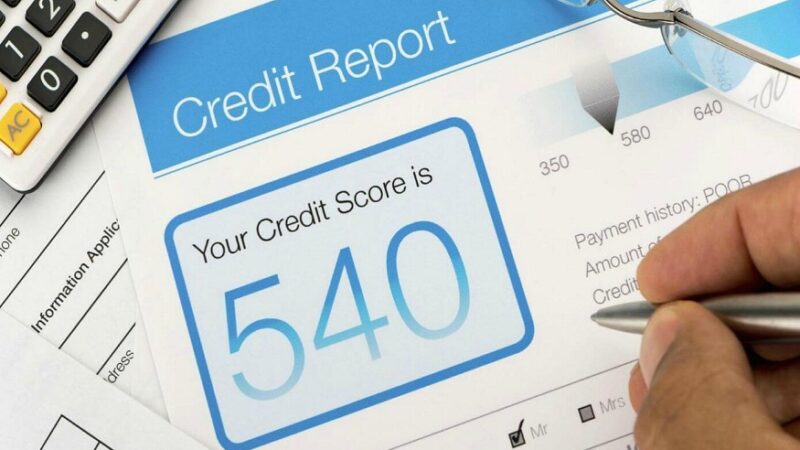Personal loan versus Credit Card, which is better?

Within the personal loan group, lenders offer a range of options that can impact credit terms. The long-term balance is the biggest difference between a personal loan and a credit card. Personal loans, unlike credit cards, do not have constant access to funds. A borrower receives a lump sum payment upfront and has a fixed period of time to repay the loan in full by regular instalments to pay it off. Know about the comparison between personal loan versus credit card loan.
A personal loan may be used for a number of purposes. An unsecured loan may be used to fund large purchases, consolidate credit card debt, fix or upgrade a home, or fill a financial void created by a shift in income. Unsecured loans are those that are not covered by the borrower’s promise of collateral.
Personal loans include secured loans such as home loans, car loans, and other forms of secured loans. These loans will follow normal credit approval protocols, but since they are protected by a lien on properties, they could be easier to obtain.
For a certain amount of repossessions on a home loan or an auto loan, for example, the lender has the right to take control of your home or automobile. Since the lender has ownership rights, secured loans typically have slightly better terms. This decreases the lender’s chance of default. Here are some of the advantages and disadvantages of taking out a personal loan.
Advantages
- Big investments, such as homes or automobiles, are usually the best candidates.
- Provides funds in one lump sum, which typically has a lower interest rate than a credit card.
Disadvantages:
- Usually requires a service fee, as well as other charges that add up.
- If you don’t repay on time, property used as collateral, such as a car or house, can be confiscated (secured loans).
Bear in mind that interest isn’t the only cost to worry about while taking out a loan. Fees are also charged by lenders and may contribute to the overall cost of a loan. Personal loans also require an origination charge, as well as other fees.
Credit card
Revolving credit, which includes credit cards, is a different type of borrowing. A revolving credit account provides the creditor with continuous access to funds as long as the account is in good standing. Cash-limit adjustments may be available on a regular basis for revolving credit card accounts. Interest rates on business loans are usually higher than those on personal loans.
Credit cards come in a variety of shapes and sizes, and they have a lot of ease. 4 The best credit cards may offer introductory interest rates of 0% for a limited time, balance transfer options, and rewards. On the other hand, others may have high annual percentage interest rates in addition to monthly or annual payments. Almost all credit cards can be used anywhere that accepts electronic payments.
Advantages:
- The ongoing revolving credit balance of interest only charged when funds are used
- Cards with 0% promotional interest rates, grace periods, and incentives are available to those with good credit.
- Credit limits are usually expanded on a regular basis for accounts in good standing.
- Ability to build up to better credit terms over time for those with weak or low credit.
Disadvantages:
- Interest rates are usually higher than those on personal loans.
- Fees and interest can add up quickly.
If you’ve been stuck with a high-interest card and want to move to one with a lower rate, there are many cards available right now that are perfect for those trying to shift their balance.






